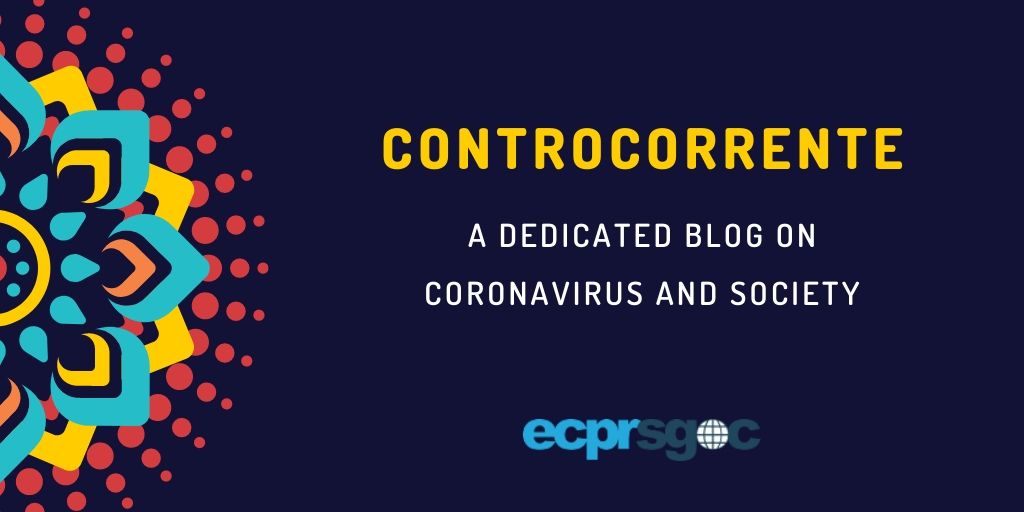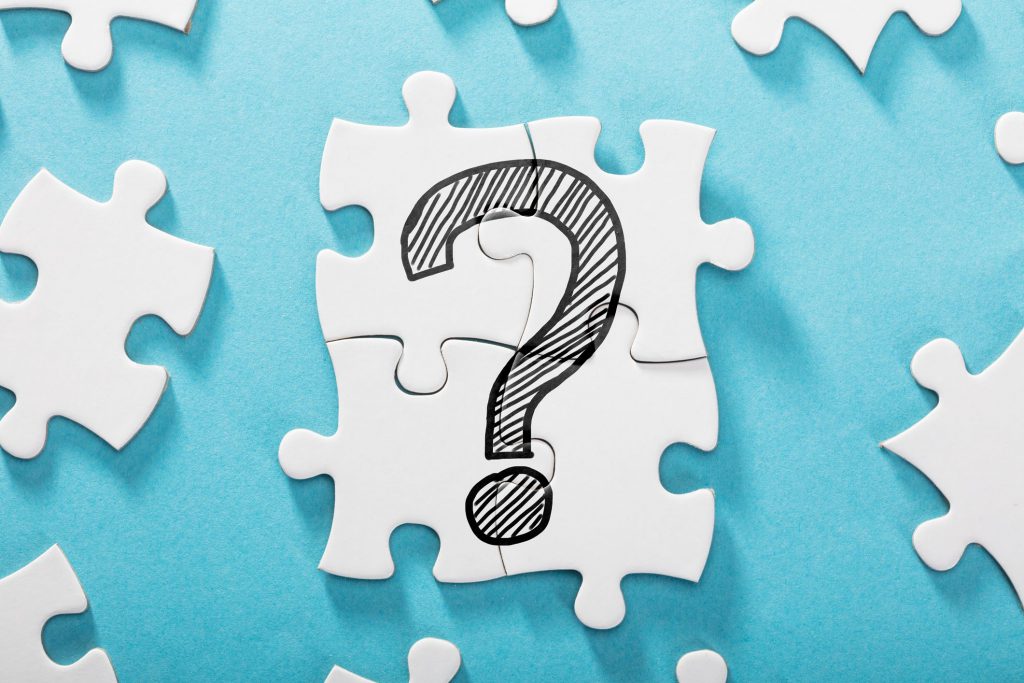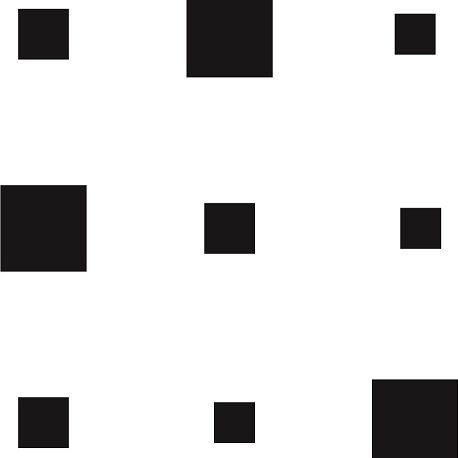
Five Questions that could be Answered in Living though the COVID-19 Pandemic
Jay Albanese
1.
We’ll live our lives on-line, rather than in-person?
There was a clear trend before COVID-19 for people of all ages to go out less
often to lectures, classes, concerts, movies, and events of all kinds. Streaming
and YouTube videos have replaced live attendance at public venues for many. When
I told a class they could go to a lecture on campus (of a fascinating speaker)
for extra credit, the most common response was, “will it be online”? The urge
to see or meet someone in-person seems to be disappearing. Being captive in
one’s own home for a few weeks during the pandemic will likely reinforce this
existing trend to live more of our lives on-line, rather than in-person. Experiencing
life remotely has implications for how we understand and assimilate reality.
2.
We’ll appreciate our friends and family more than we say we do—and become
selfless?
Surveys report that we value our friends and family more than anything else in
life, but our actions never quite live up to that statement. Indeed, issues
involving families and friends comprise the largest category of excuses used by
my students when they miss assignments. It is easy to become self-absorbed as
many of us wrap ourselves up with our devices, chat groups, blogs, newsfeeds, and
personal preferences. Experience with COVID-19 might reveal that we are all either
carriers or victims, so our own fate is tied closely to the conduct of those
around us. Wouldn’t it be nice to think of others first, their importance to
us, and how our destinies are linked closely together?
3.
Will we become more efficient?
When you are unsupervised in your own home, personal habits loom large.
Tendencies to procrastinate and complete work at the last minute are more
exposed at home, because the workplace provides structure to wield-in bad
habits. Better time management may become a byproduct during COVID-19, as more of
us will learn how crucial it is to be better organized in order to get things done.
We need to find a new level of self-discipline, especially in settings that
include family, children, pets, neighbors, and other distractions.

4.
Will personal and social health hygiene improve?
We have little tolerance for those who sneeze or cough without tissues,
handkerchiefs, or even covering their noses and mouths. Under current
circumstances, this previously rude behavior has becoming threatening behavior
to others. Personal experience may be the best teacher of all, so thoughtless
coughs and sneezing may become a thing of the past during COVID-19, as
awareness of germ theory, and how viruses spread, become common knowledge. Consideration
for others might rank higher in the formerly selfish conduct of individuals.
5.
The need for free Wi-Fi for all will be realized?
What makes this pandemic less serious than
any that have gone before is the ability to communicate with others from your
private space. Access to the Internet for news, information, and communication
with others is crucial under these conditions. The ability to obtain
information, health and safety alerts, and communicate with others could soon
be seen as a human right, rather than a source of corporate profit. Phones,
computers, tablets, and smart watches provide vital links to the outside world,
which are especially important when we are separated from it. Is it not time to
insure that all people have free access to Wi-fi signals to access information
and communicate with others when it is most needed? Some countries have done
it; it’s time everyone did.
* * * * *
I hope the answers to these five questions
will be “yes,” and that the
experiences of living with COVID-19 are not quickly forgotten. It will be easy
to shrink back into our former condition of selfish thinking and habits. The
challenge that lies before us is how to use this unique experience to learn and
live more as a contributing member of a larger community, requiring each of us
to act more responsibly toward others every day of our lives.
Jay Albanese, Ph.D
Virginia Commonwealth University
Wilder School of Government & Public Affairs
jsalbane@vcu.edu
***
This blog aims to reflect the opinions, thoughts, and concerns of academics and researchers related to COVID-19. It does not aim to engage any prediction. All views belong to authors and it does not represent the view of any organisation.

